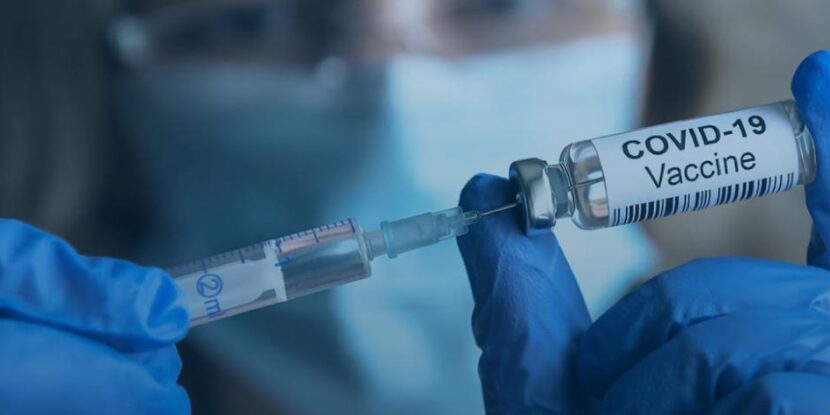❓WHAT HAPPENED: A new large-cohort retrospective study published in the Biomarker Research journal suggests a possible connection between COVID-19 vaccination and an increased risk of developing specific types of cancers.
👤WHO WAS INVOLVED: Biomarker Research, medical researchers in South Korea, and health data from 8,407,849 South Koreans obtained from the Korean National Health Insurance database.
📍WHEN & WHERE: Published September 26, 2025.
💬KEY QUOTE: “In terms of vaccine type, cDNA vaccines were associated with the increased risks of thyroid, gastric, colorectal, lung, and prostate cancers; mRNA vaccines were linked to the increased risks of thyroid, colorectal, lung, and breast cancers; and heterologous vaccination was related to the increased risks of thyroid and breast cancers.” — Kim et al. Biomarker Research (2025)
🎯IMPACT: While the study found “epidemiological associations between the cumulative incidence of cancers and COVID-19 vaccination, which varied by sex, age, and vaccine type,” the authors stressed that “further studies are warranted to elucidate potential causal relationships.”
A group of medical researchers in South Korea has published a large-cohort retrospective study based on 8,407,849 people to determine the risk of cancer for those who received COVID-19 vaccines. The study’s authors noted that “COVID-19 vaccines might be associated with cancer risks.”
“Our data showed associations between COVID-19 vaccination and an increased the risk of six cancer types, namely, thyroid (hazard ratio [HR], 1.35; 95% confidence interval [CI], 1.21–1.51), gastric (HR, 1.34; 95% CI, 1.13–1.58), colorectal (HR, 1.28; 95% CI, 1.12–1.47), lung (HR, 1.533; 95% CI, 1.25–1.87), breast (HR, 1.20; 95% CI, 1.07–1.34), and prostate (HR, 1.69; 95% CI, 1.35–2.11) cancers,” the South Korean study found—using data from the Korean National Health Insurance database.
Notably, mRNA, cDNA, and heterologous vaccination were found to be linked to the development of distinct types of cancer. “In terms of vaccine type, cDNA vaccines were associated with the increased risks of thyroid, gastric, colorectal, lung, and prostate cancers; mRNA vaccines were linked to the increased risks of thyroid, colorectal, lung, and breast cancers; and heterologous vaccination was related to the increased risks of thyroid and breast cancers,” the study states. Additionally, the authors found that men who received COVID-19 vaccinations saw increased rates of gastric and lung cancers, while women saw increased rates of thyroid and colorectal cancers.
The researchers also found that under-65s are more “vulnerable to thyroid and breast cancers,” while those over 65 years of age are at higher risk of prostate cancer. Additionally, the study found that the type and number of vaccine boosters may also impact the degree of risk and type of cancer that can develop.
While the study, published in the Biomarker Research journal, stated that its data “suggest[s] epidemiological associations between the cumulative incidence of cancers and COVID-19 vaccination, which varied by sex, age, and vaccine type,” the authors stressed that “further studies are warranted to elucidate potential causal relationships.”
Join Pulse+ to comment below, and receive exclusive e-mail analyses.




















